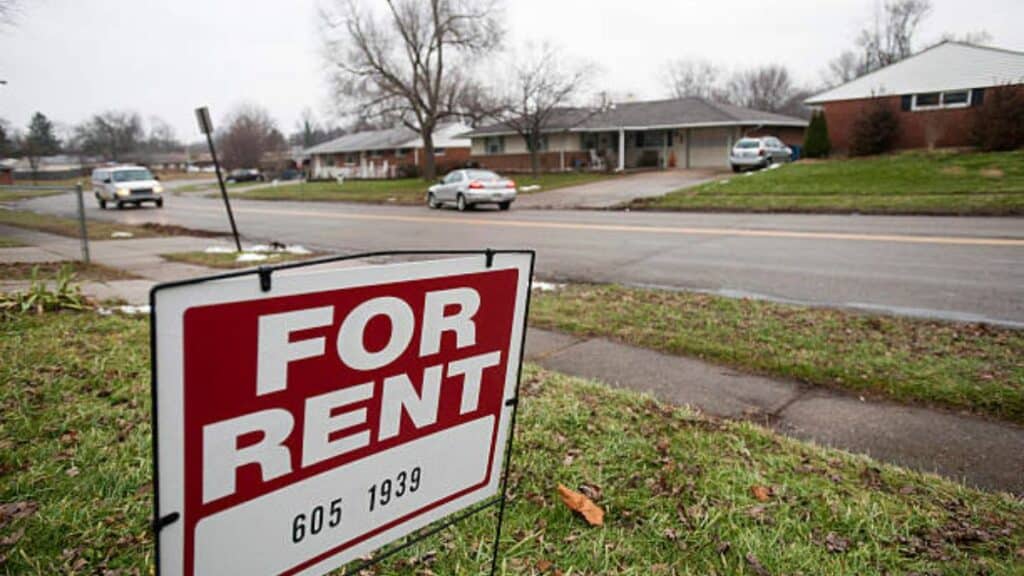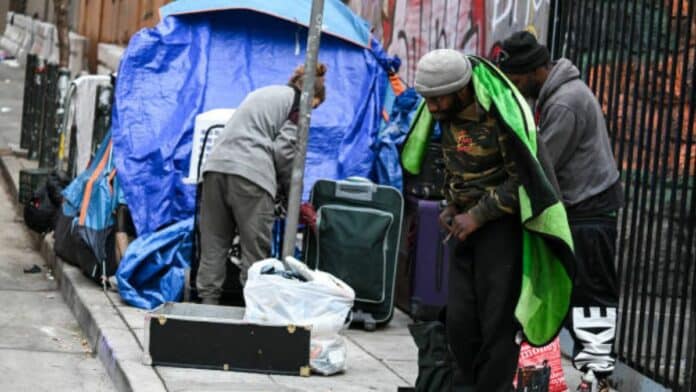In a city famed for its Golden Gate Bridge and tech giants, San Francisco faces an alarming homelessness problem. Thousands of individuals grapple with a harsh reality – the lack of shelter and a place to call home. Paradoxically, amidst this crisis, tens of thousands of housing units remain vacant, casting a long shadow of untapped potential. To combat this issue head-on, San Francisco has formalized Proposition M, a voter-approved law set to take effect in January. This groundbreaking legislation is a significant leap towards putting vacant units on the market and offering a ray of hope to the city’s homeless population.
The Vision of Vacant Home Tax
Supervisor Dean Preston, the driving force behind Vacant Tax, emphasizes its core purpose: to breathe life into abandoned homes and provide shelter for those in dire need. The vacant home tax law seeks to discourage the practice of withholding housing from the market, especially during a homelessness crisis. The hope is that this tax will prompt property owners and real estate speculators to reconsider their decision to leave properties vacant.
The Uniqueness of San Francisco’s Vacant Home Tax

San Francisco’s vacant home tax stands out for its scope and aggressiveness. It applies to a specific subset of units, excluding single-family homes, duplexes, short-term rentals, nonprofit and institutional housing, and primary residences. Exemptions are also provided for new buildings awaiting occupancy certificates or those rendered uninhabitable due to natural disasters. While other cities like Oakland, Washington, D.C., and Vancouver have implemented vacancy taxes, San Francisco’s approach is considered one of the most robust in the United States.
Legal Challenges and Property Rights
Despite its noble intentions, real estate interests, including landlord and property owner groups, have mounted a legal challenge to Proposition M. They argue that the law infringes upon their property rights, which are protected under the Constitution. Property owners in San Francisco already contend with a plethora of legal and practical obstacles, such as rent control laws, property registration requirements, and tenant eviction complexities. They assert that this law will only add to their burden.
Also Read: Cash App Founder was Stabbed to Death by a Man in San Francisco
Penalties and Tax Structure
Under the vacant home tax, property owners are liable to face penalties ranging from $2,500 to $5,000 for each unoccupied unit, with these penalties increasing annually. To illustrate, a building with ten mid-sized apartments could incur a tax of $140,000 by its third year of vacancy, adjusted based on the federal Consumer Price Index. The tax revenue collected will primarily fund affordable housing programs. However, its core aim remains bringing vacant units back into the housing market, combating homelessness at its roots.
A Complex Battle for a Better Tomorrow
San Francisco’s approach to the homelessness crisis showcases the city’s unwavering commitment to addressing this challenge. It is a testament to the determination to utilize housing units effectively. However, the legal wrangling surrounding the vacant home tax underscores the intricate and contentious nature of property rights and housing policies in a city grappling with both homelessness and a challenging housing market.
As San Francisco embarks on this journey, the eyes of the nation are upon it. The Vacant Tax revolution could serve as a beacon of hope for addressing homelessness, setting a precedent for other cities to follow. However, it’s clear that the battle to strike a balance between property rights and the urgent need for housing is far from over.

